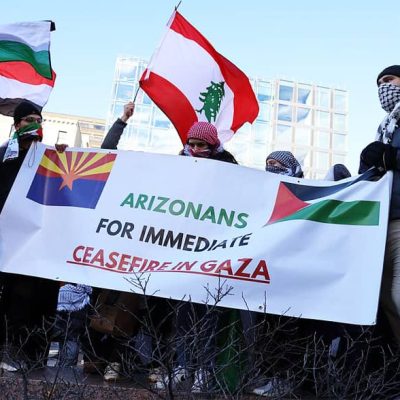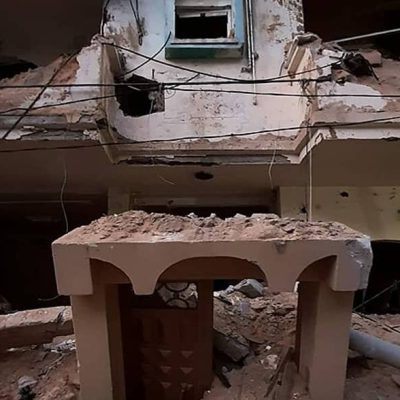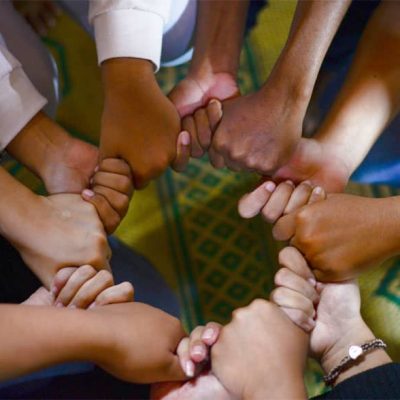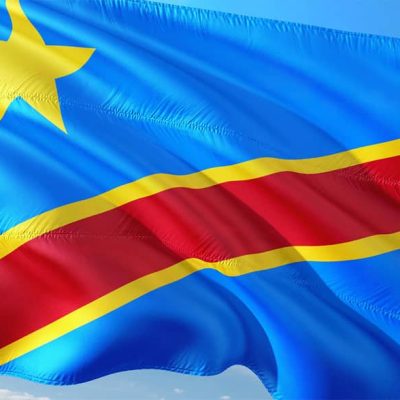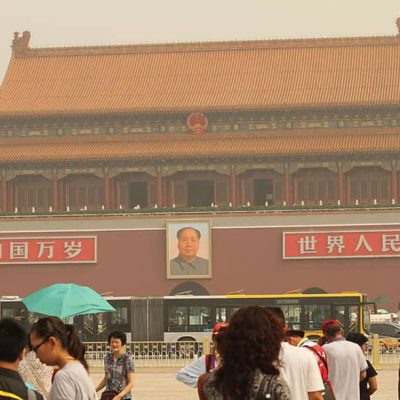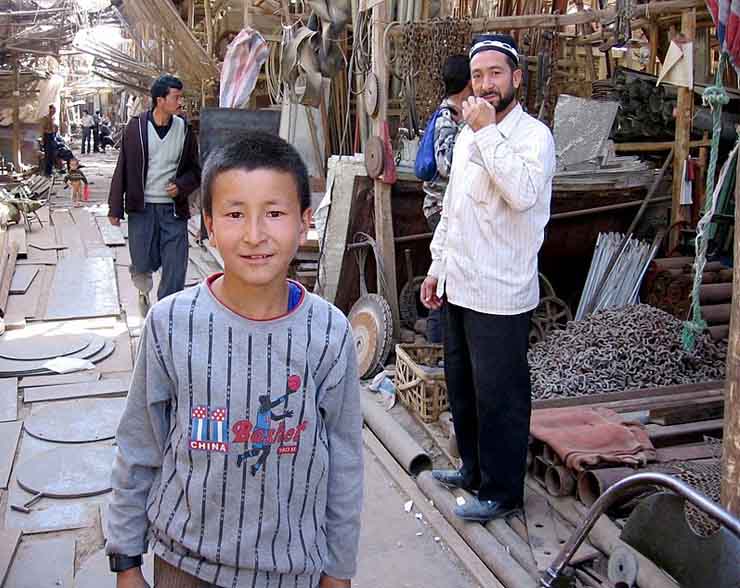 Appeals
Appeals
U.N. Human Rights Report: Spotlight on the Fate of…
Featured Image: Khotan (Hotan / Hetian) is an oasis city in the Xinjiang Uygur Autonomous Region of the People’s Republic of China. Uyghur people at sunday market. By Colegota, CC BY-SA 2.5 ES <https://creativecommons.org/licenses/by-sa/2.5/es/deed.en>, via Wikimedia Commons.
On the final day in office, 31 August 2022, the United Nations High Commissioner for Human Rights, Michelle Bachelet, presented the long-awaited report on the violations of the human rights of Uyghurs and other Muslim populations of the province of Xinjiang. The 46-page Report highlights massive detention in camps, torture, sexual violence against women, restriction of religious practices, forced sterilization of women and separation of families. Many of the facts in the U.N. Report had already been set out by non-governmental human rights organizations (NGOs) such as Amnesty International, Human Rights Watch and in newspaper reports.
The Office of the high Commissioner for Human Rights had been collecting information on the situation since 2018 when Michelle Bachelet became High Commissioner.
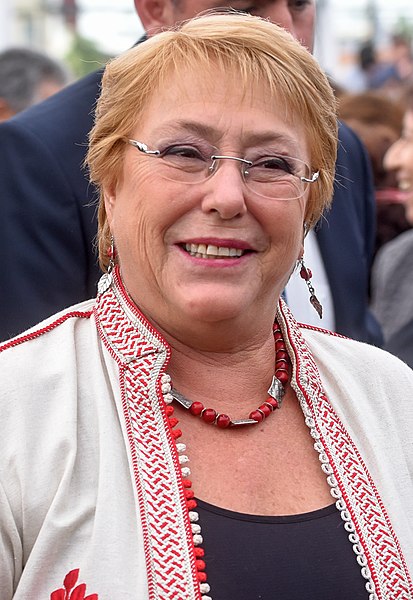
Michelle Bachelet (2018). By Ministerio Secretaría General de Gobierno, CC BY-SA 2.0 <https://creativecommons.org/licenses/by-sa/2.0>, via Wikimedia Commons.
Influence on NGO positions.
The possible strong impact of the Report will depend in large measure on what pressure NGOs will be able to develop on the Chinese authorities. Chinese government influence within the U.N. Secretariat has been growing. Chinese diplomatic pressure on government diplomats within the U.N., always active, has also been growing in part linked to trade and debt consideration. While Chinese diplomats watch the representatives of NGOs closely during meetings of the U.N. Human Rights Council and other U.N. human rights bodies, the Chinese diplomats have little influence on NGO positions.
“Re-Education”.
NGOs have developed close links with scholars working on Chinese policies and with a number of research institutes and “think tanks”. Some of the same NGOs representatives, such as those of the Association of World Citizens, had earlier been involved with the human rights of Tibetans, often facing the same type of repression and efforts at “re-education”. The Chinese diplomats at the U.N. have grown in sophistication and must not be underestimated.
However, with the U.N. Report in hand, objective and based on a wide range of observations and interviews, NGOs have a clear avenue for action. Although the armed conflict in Ukraine and tensions concerning Taiwan draw attention of governments and NGOs, the Uyghur issues are a test for NGO effectiveness and should be watched closely.
Sakya Monastery, Tibet. Sakya Monastery was founded in 1073, by Konchok Gyelpo and is situated about 130 km west of Shigatse on the road to Tingri. By I, Luca Galuzzi, CC BY-SA 2.5 <https://creativecommons.org/licenses/by-sa/2.5>, via Wikimedia Commons.
Crackdown on Buddhism in Tibet?.
René Wadlow, President, Association of World Citizens.

President, Association of World Citizens (AWC).
Estudied International relations in The University of Chicago.
Estudied Special Program in European Civilization en Princeton University
Here are other publications that may be of interest to you.
Burma’s Crumbling Junta
February first marked the anniversary of the military coup which overthrew the government of Aung San Suu Kyi in 2021. She was in practice the leader of the government but…
Preventing the Expansion of the Gaza Conflict: Are Peace Brigades a Possibility?
Antony Blinken, the U.S. Secretary of State, has been again in the Middle East working to prevent the violence of the Gaza Strip of spreading to much of the area. …
World Citizens Call for an Inmediate End to Hostilities between Israel and Hamas, and for a Genuine Peacebuilding Effort in the Middle East.
Featured image: The impact of the Israeli bombing on a civilian building in Gaza (2021). By Osama Eid, CC BY-SA 3.0 https://creativecommons.org/licenses/by-sa/3.0, via Wikimedia Commons. The AWC, a Nongovernmental Organization…
World Humanitarian Day: A Need for Common Actions.
Featured Image: Photo by Wylly Suhendra on Unsplash. The United Nations General Assembly has designated 19 August as “World Humanitarian Day” to pay tribute to aid workers in humanitarian service…
Peace Planners: Awake!.
Featured Image: Photo by Eddie Kopp, Unsplash. The recent NATO Summit in Vilnius is an indication that the war planning community is busy at work in the spirit of Von…
Track Two Efforts Needed to Reduce China-India Frontier Tensions.
Featured Image: Arunachal Pradesh – India. Photo by Unexplored Northeast, Unsplash. There has been a constant buildup of military forces by the governments of both India and China along their common frontiers. …
Democratic Republic of Congo: Sky Getting Darker.
Photo by jorono, Pixabay. The armed conflict in the eastern area of the Democratic Republic of Congo (RDC) on the frontier with Rwanda seems to be growing worse and is…
World Refugee Day.
June 20 is the United Nations (UN)-designated World Refugee Day; marking the signing in 1951 of the Convention on Refugees. The condition of refugees and migrants has become a “hot”…
4 June: Memories of Tiananmen Square.
4 June makes the security forces in China somewhat uneasy, especially in Hong Kong where, in the past, there were large memorial meetings tp remind people of 4 June 1989…
International Day of the Oceans.
Featured Image: Photo by Marek Okon, Unsplash. Progress on Asian Maritime Delimitations Needed. 8 June has been designated by the United Nations General Assembly as the International Day of the Oceans to…


